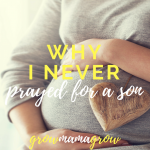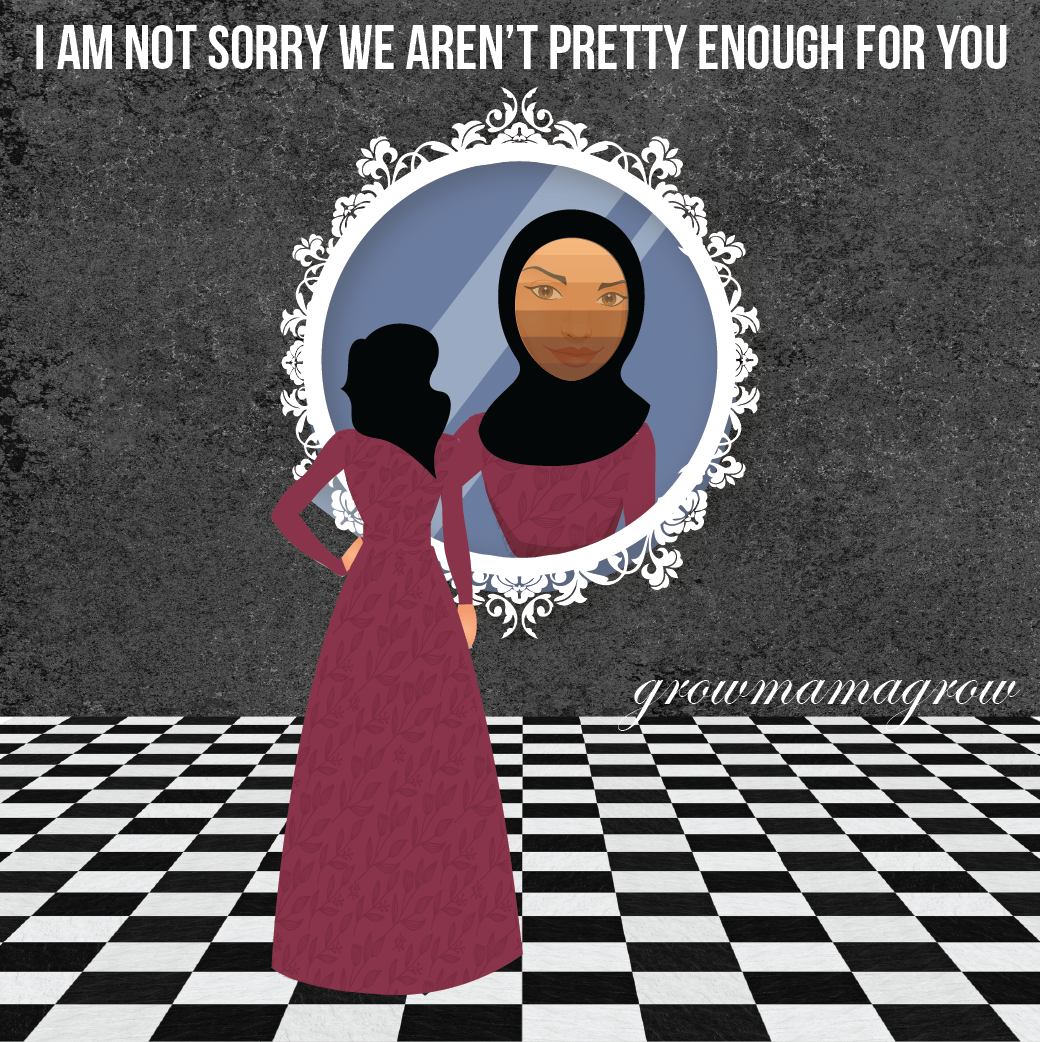 Has your child ever been the victim of bullying? Has she bullied others, been bullied, or just stood on the side and let it happen? What’s your role as a parent in helping your child grow through this serious issue? How have you handled it? Below are some responses from mothers like you. If you’ve dealt with this before, please share below!
Has your child ever been the victim of bullying? Has she bullied others, been bullied, or just stood on the side and let it happen? What’s your role as a parent in helping your child grow through this serious issue? How have you handled it? Below are some responses from mothers like you. If you’ve dealt with this before, please share below!
H shares:
The first rule of bullying for me is to stop it when I see it. If my child is doing the bullying, I stop him, ask him to apologize, and ask him if he would like it if I did the same to him. The second step is to try to understand where it came from. Sometimes if a young child is going through a transition (new baby, new school, etc.) they can potentially act out. So I try to make those transitions easier, and provide more support, to minimize acting out. If it happens repeatedly, I would most likely punish my child by taking away an activity that he enjoys. I think small children tend to understand cause and effect, if you do this, then this will occur. If they’re older, I think more needs to be done to understand where this behavior is coming from.
If my child is the recipient of the bullying, I would contact the other child’s parent and let them know what happened. Likewise, as cliche as it sounds, I would reinforce the idea not to let anyone treat him that way. Sometimes, I think some kids need permission to stick up for themselves – to understand that defending yourself doesn’t have to mean you are being mean or rude. That you can still be a nice person and not let someone treat you any way they wish. Secondly, I would try to give my child confidence by engaging him in confidence building activities he can shine in…something where he can excel and be proud of himself and gain some confidence. I might also do some role playing, “What do you say if someone makes fun of you?”, etc. Sometimes, they just don’t know how to respond – but if they feel prepared because you’ve helped them figure out an acceptable response, it’s easier for them to think on their feet. If it persisted, and the other child continues, or the parents refuse to intervene, I would remove my child from the negative setting. If it means they avoid being in social settings, so be it. If it means pulling my child out of school, so be it, I am prepared to do so. If the system and other parents aren’t supportive in resolving the issue, I’m not going to force my child to be exposed to that. It’s a really unhealthy environment to continually be a part of.
T writes:
Although I have not seen any incidents of serious bullying in my children’s lives, I remember an incident of bullying that I did to another as a youngster. I still remember with guilt bullying a quiet classmate for her snack money during recess as a first grader. The only thing that eventually stopped me was her mother coming to the playground one day and yelling at me. I never remember doing anything like that again, and am embarrassed that a fellow classmate’s quiet nature and ‘outcast’ status allowed me to do this to her. Sometimes all a child needs is a reminder of what they’re doing, a reprimand to get them back to the right track.
D writes:
Although my daughter has never been a direct victim of bullying, she has had to deal with the guilt of contributing to bullying by simply choosing to be a spectator. She often struggles with mustering up the courage to stand up for what is right or stand against what is wrong. To help my daughter understand the dynamics of bullying, we often read storybooks and role-play how the bully is only as strong as the environment makes him/her. Two picture books I would recommend are “The Bully Blockers Club” and “Nobody Knew What to Do: A Storybook About Bullying.” My daughter has come to realize that even though it can be scary verbalizing her disapproval, it feels a lot better than not saying anything at all. As the Prophet saws said: “If one of you sees something wrong, let him change it with his hand; if he cannot, then with his tongue; if he cannot, then with his heart and this is the weakest faith.”
F shares:
Recently, I was listening to NPR during a car ride with my children. They were interviewing Kerry Kennedy, the president of the Robert F. Kennedy Center for Human Rights and Justice. One of the main points they hit on is that they consider playground bullying to be a matter of human rights violation, of social injustice. Those few minutes changed my perspective greatly. I’ve really never thought of bullying in that way, of teaching it to my children with that perspective. It suddenly falls into a category of Islamic duties, of upholding justice. Just thinking of it in that way lets me teach it to my children in a much deeper manner, much more than just a reprimand about not acting in a certain way, of not standing up for yourself. I can tell them stories from our history of great companions standing up for others (Abu Bakr standing up for Bilal while he was being tortured and buying his freedom. Sumayah standing up to her oppressor while he beat her to death, and not allowing him to bully her into changing her beliefs. Bilal reiterating his beliefs even though he knew it cost him more hours under the hot rock and sun). You can listen to the NPR interview here.











